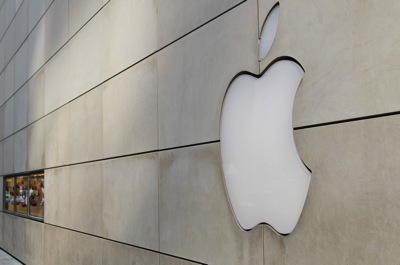Security lessons from Pokemon Go - Catch them all!
 When anything big happens on the Internet, the criminals and snoops are not far behind. This time the event is Pokemon Go and there are all kinds of different threats developing in its wake from malware to tracking to physical danger. I you are not familiar with this game yet just look around next time you step outside, it is everywhere.
When anything big happens on the Internet, the criminals and snoops are not far behind. This time the event is Pokemon Go and there are all kinds of different threats developing in its wake from malware to tracking to physical danger. I you are not familiar with this game yet just look around next time you step outside, it is everywhere.
Criminals have jumped quickly on the piecemeal global rollout of the game. Players unwilling to wait for the official release in their countries have been looking for the game on unofficial app stores. A version with the Android trojan DroidJack has been seen which allows the attacker to take complete control of the victim’s phone and access any files or information. The vast majority of users should absolutely avoid any third party app stores. Only get your software from known and reputable sources and don’t do anything to bypass the phone’s security. The best practice is to stick with the app store that came with your phone.
Even the official version of the game raises some troubling privacy concerns. By design the application tracks you when you are using it, and you are strongly encouraged to be using it all the time. This is hardly the only application tracking you, but the privacy policy on the game is not great. Also, it is likely to be disproportionately tracking children. Always think about who has access to your information and how it can be used for and against you. The tracking data might be ok in the hands of the current company but if it is sold or stolen, you might be less happy with the people who have it.
Conventional muggers have also discovered the power of Pokemon Go to lure their victims. In the game players need to search out fixed locations called Poke Stops and Gyms. Criminals can add capabilities to these virtual constructs to make them even more interesting and attractive. If the location is dark and somewhat hidden it becomes the perfect location for an ambush. The divide between virtual and physical keeps getting narrower. Physical attacks are launched from cyberspace and cyber attacks can start with physical device access. We can’t just focus on the digital risks of tools and attacks, but must also consider how it could impact us in the the analog world.
Finally, this game is causing people to walk into the street, down dark alleys, and into rough neighborhoods without paying attention or taking appropriate care. Like distracted driving, this is another example of our immersion in the electronic realm causing us to neglect the basics of staying safe in the here and now.
I find it fascinating that one program, and a game at that, can have so many and varied security implications. Now, I am off to catch me some Pokemon, I think there are some down my driveway!
 Apple is getting taken to task for a couple of security issues.
Apple is getting taken to task for a couple of security issues.
